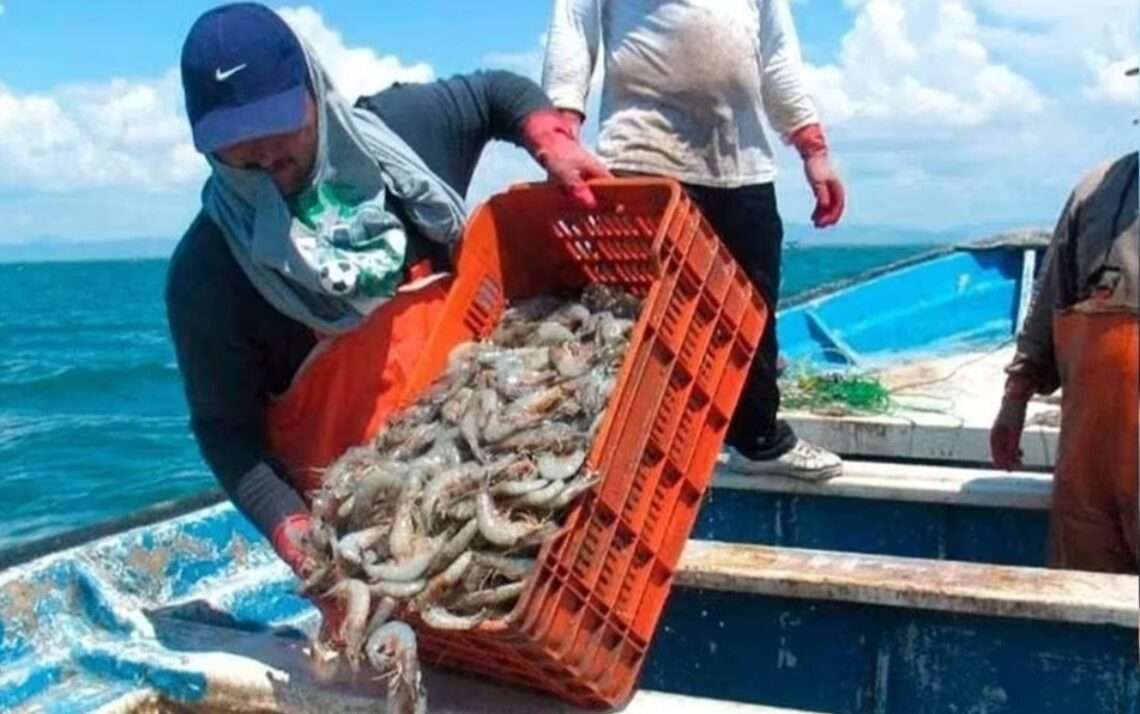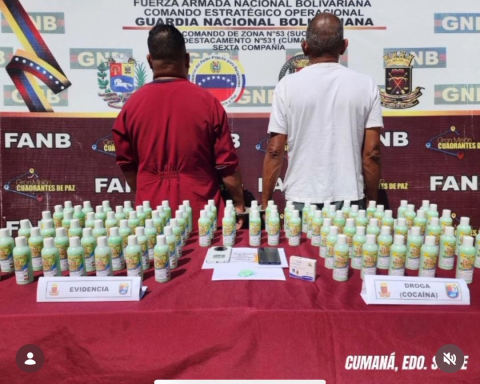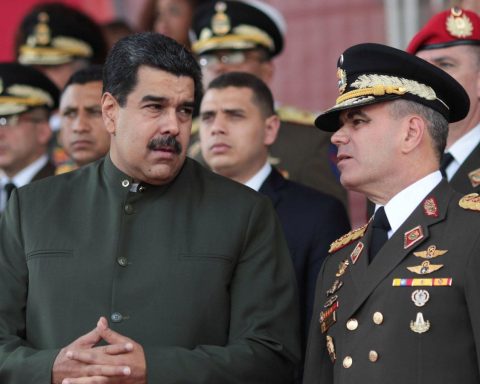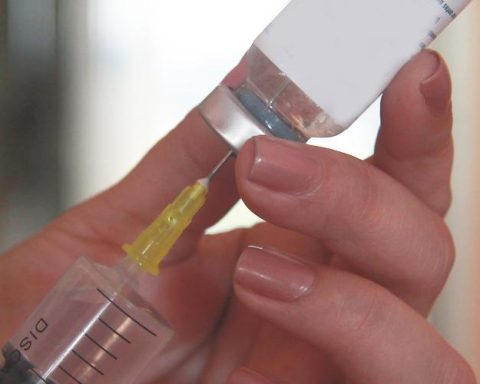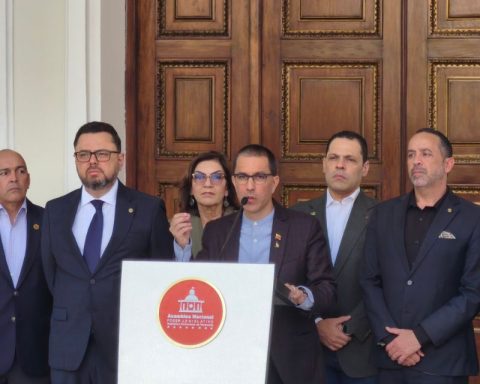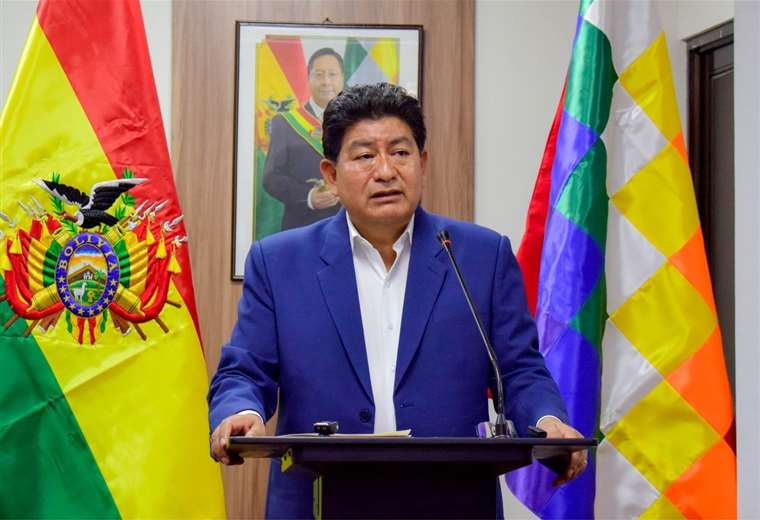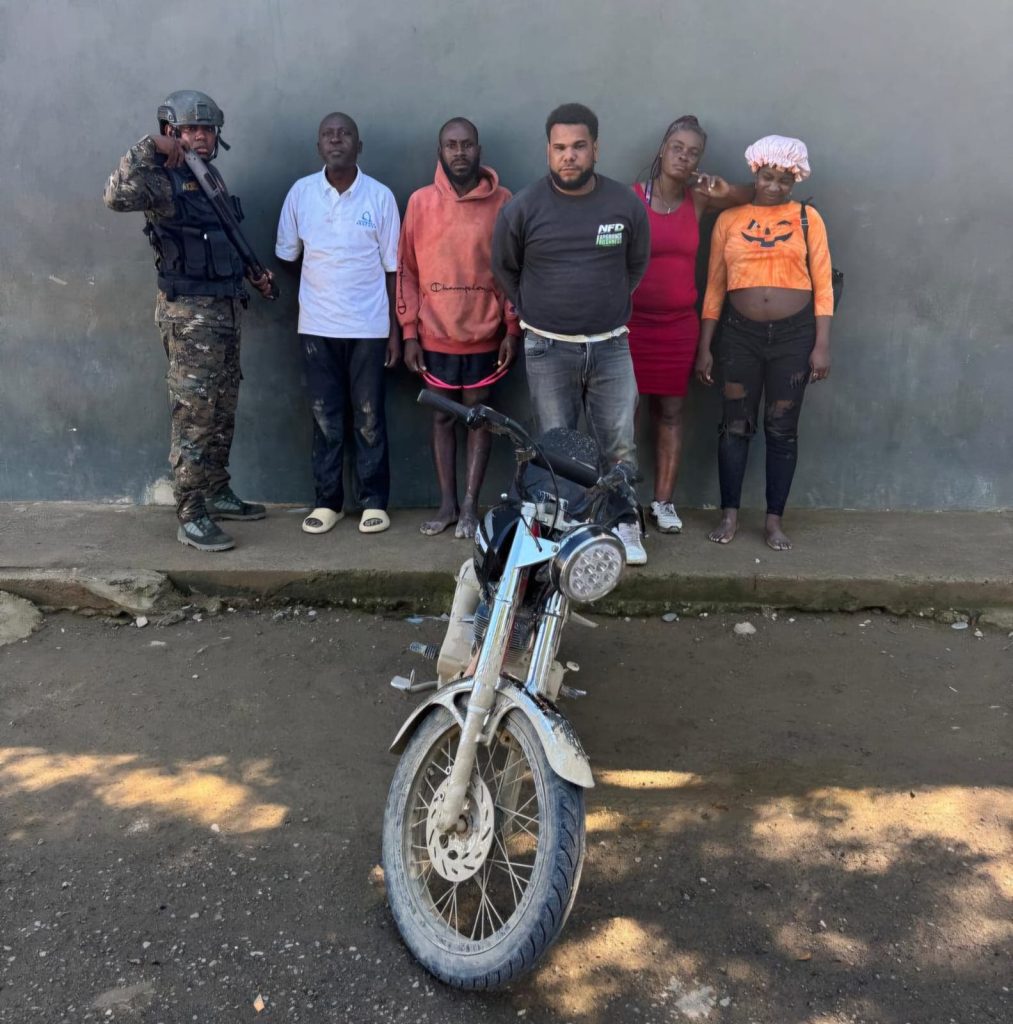There is concern among the workers of the Zulia shrimp companies, because they maintain that the cycle for cultivating the crustacean was allegedly interrupted.
A preliminary report to which we had partial access details that the main food (Artemia) for growing shrimp in Zulia is not being sold to Venezuela because ADM, the supplier company, fears being sanctioned by the United States.
70% of the national shrimp sector is concentrated in Zulia, mostly grouped in the Lamar Group, an empire of 90 companies that belonged to José Enrique Rincón, identified as the manager of a coup d’état that was designed against President Nicolás Maduro, according to denounced on November 23 by the Minister of the Interior, Justice and Peace, Diosdado Cabello.
Five days after the revelation of the conspiracy plan, the Ministry of Fisheries and Aquaculture issued a resolution aimed at guaranteeing food production in Zulia. Said resolution was published in the extraordinary Official Gazette number 6,858 and orders the adoption of “preventive measures essential to ensure the continuity of the production and distribution processes of strategic items and products produced by companies in the agroindustrial sector of the Zulia state whose owners , administrators, managers, shareholders or officials have been linked by the auxiliary bodies of justice with the operation called ‘No to Christmas’. The Lamar Group falls into that category, whose owner, José Enrique Rincón, fled to Spain after intelligence agencies discovered the plan that was planned from Zulia against Maduro.
Through the aforementioned resolution, an administrative board was appointed to temporarily occupy and direct the food industry companies located in Zulia, headed by the Minister of Fisheries, Juan Carlos Loyo and second in command, Prisael Helidett Pérez Álvarez. The other members of the board are: Pedro Emilio Guerra Castellano, Elisaul Rodríguez Sánchez, María Verónica López and Jesús Humberto Delgado Muchacho.
For this reason, the Minister of Fisheries, Juan Carlos Loyo, reported last Friday, December 20, the export to China of 2,800 tons of shrimp stored in 100 containers.
These 100 containers are part of 700 that were inventoried in the Lamar Group, 500 of which allegedly disappeared. That is, with the export of the 100, there are now another 100 in existence.
Hence, the concern of a group of workers is that the shrimp production cycle was broken due to the refusal of foreign companies to sell to Venezuela the necessary inputs for raising the crustacean, according to the report.
Details
- The Government is aware of the eventual stoppage of shrimp production and that is why among the functions of the Administrative Board chaired by Minister Loyo stands out that of ”implementing the urgent, effective and necessary actions regarding the treatment and design of formulas for the continuity of food production, when it is threatened by illicit actions aimed at violating national sovereignty or affecting food security and sovereignty.
- The alleged conspiracy by the Minister of the Interior, Diosdado Cabello, expressed in the frustrated plan ‘No to Christmas’, follows the same scheme of that plan directed at the time by the then Minister of Petroleum, Tareck El Aissami, currently deprived of liberty along with other 60 people allegedly involved in this scheme called Pdvsa-Cripto.
- The plan allegedly directed by El Aissami, involved a ”great conspiracy” that was supported by three legs: military, US organizations such as the Central Intelligence Agency (CIA), the Anti-Narcotics Agency (DEA) and businessmen. The primary objective was to chaotic Venezuela and in the midst of that chaos provoke the departure of the Head of State.
- In the case of Zuliathe business sector was represented by José Enrique Rincón, owner of Grupo Lamar (44 shrimp farms) and Ingeniería 3030, a garbage collection company that contracted with the mayor of Maracaibo.
- The participation of American organizations such as the DEA were drawn by the story given by Minister Diosdado Cabello on November 23. That day, the also first vice president of the Psuv revealed that a lieutenant of the Bolivarian National Guard (GNB), assigned to the National Anti-Drug Command, requested authorization to investigate the Rincón companies and was told no, that this man did not touch himself. ”This is riddled with corruption and everything is controlled by Mr. Rincón,” Cabello commented.
- As to the military “leg”, three members of the Bolivarian National Armed Forces are identified as participants in the destabilizing plan. These soldiers are known by the aliases of El Chino, Halcón 2 and Águila, according to judicial sources.
- The political component of the ”No to Christmas” plan, is made up of María Corina Machado, Iván Simonovis, Tomas Guanipa, Juan Pablo Guanipa and the mayor of Maracaibo Rafael Ramírez, all grouped in the Unitary Platform, who in turn validated the candidacy of Edmundo González.
- System Operators of Justice were also enrolled in the frustrated conspiracy plan, one of whose objectives was to prevent the inauguration of President Nicolás Maduro scheduled for next January 10. In this sense, the following were arrested: José Gregorio Rondón Muñoz (Superior Prosecutor of Zulia), Francisco Javier Urdaneta (fifth prosecutor), Pedro Velasco (president of the Criminal Judicial Circuit of Zulia) as well as judges Maurelys Vilchez and Marjorie Plaza Hernández.
- The violent actions of the plan (attacks on electrical installations, gas, oil) would be carried out by a group of paramilitaries who were training on the Zulia-Colombia border, according to what was stated by Minister Cabello who highlighted that in those spaces the use of drones with explosives, such as the one used in the frustrated assassination perpetrated on August 4, 2018 on Bolívar Avenue in Caracas when President Maduro was giving a speech at the event on the occasion of the 81 years of the GNB. ”The paramilitary training logistics are the responsibility of this man (Rincón)”, said Cabello, who stressed that the aforementioned project was dismantled with the capture of some of its executors and the seizure of the weapons collected for violent actions.
